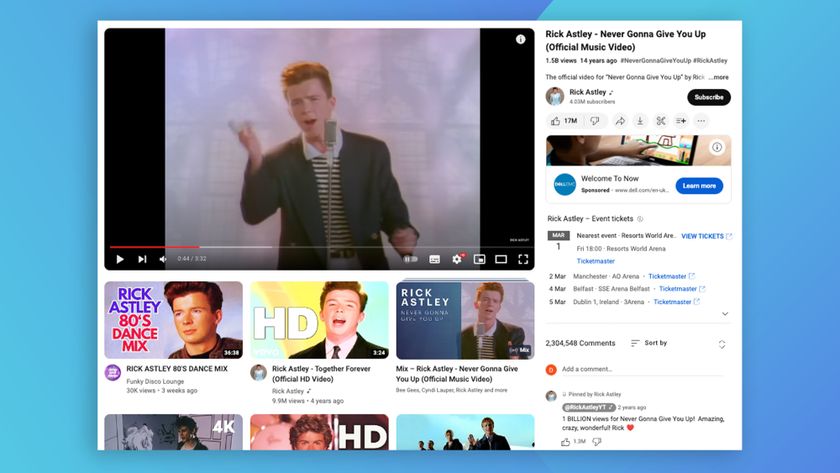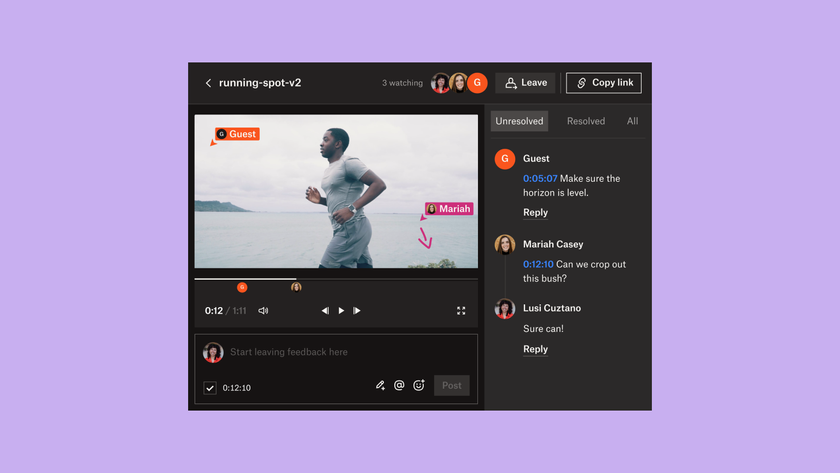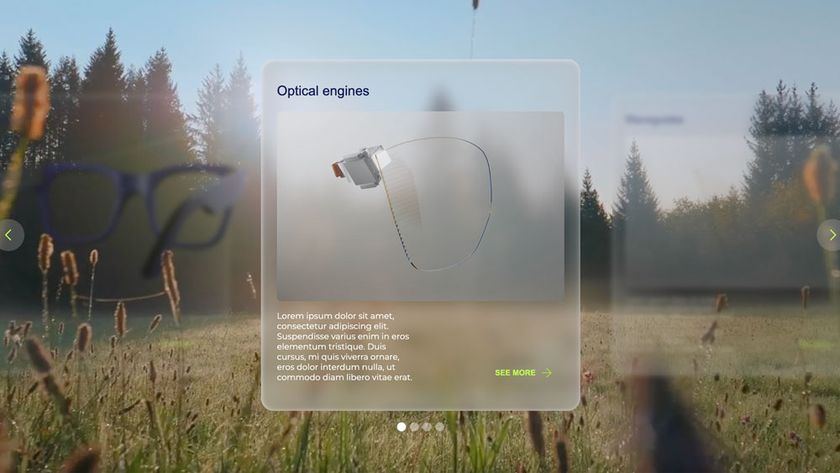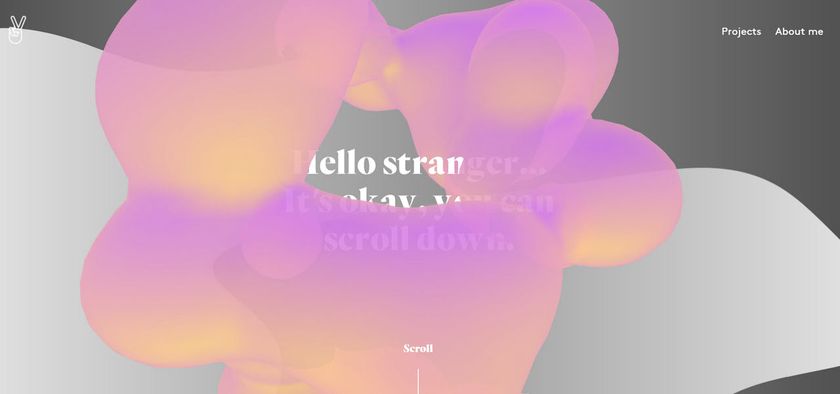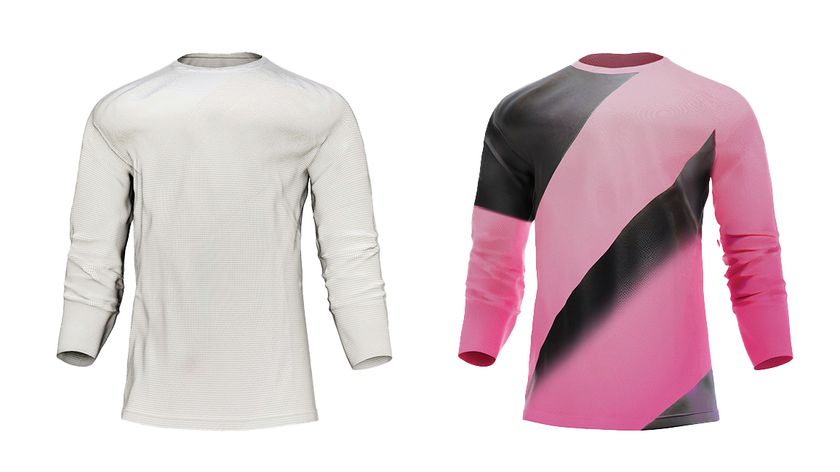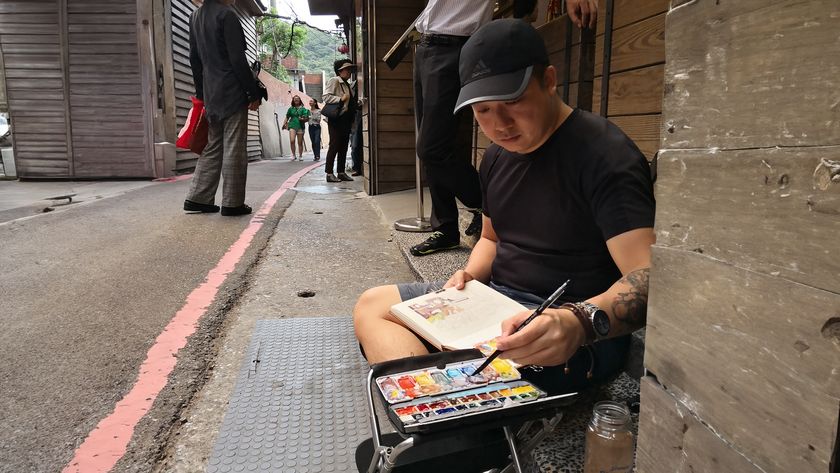Karen McGrane on why it's OK not to be perfect
An examination of why self-criticism and defensiveness will hinder client relationships.

Imagine you're wrestling with a very complex, expensive and life-changing decision. Maybe it's a question about whether you should go back to school, or a choice about a risky medical procedure, or even the decision to divorce. Whatever it is, this choice promises to change the way that you relate to the people closest to you and will affect the way your life unfolds for years to come.
Imagine you're seeking advice and direction from a friend or loved one. How would you want to be treated as you make this decision? I'd want a friend who could help me logically sort through the different variables that influence my decision, and help me better understand my own goals and priorities in life.
But I'd also want someone who could be sympathetic to my emotional state, who would recognise the fear, uncertainty and doubt that colour any decision of this magnitude, and who would respond with compassion and kindness. The last thing I'd want is someone who would make me feel dumb or wrong or uninformed.
Now imagine it's one of your clients making an equally complex, expensive and important change in their organisation; a decision about new technology their company may use for years to come.
It may seem facile to compare the choice to build a mobile app, implement responsive web design, or re-platform a CMS with any of these weighty personal matters, but decision-makers wrestling with these choices face very similar outcomes. Their decision will change the way internal teams work and interact with each other, influence how customers perceive the company and may directly impact the success of the business. It will set the career trajectory for the decision maker; the right choice may lead to more money, a promotion and more interesting work. The wrong choice may cause a setback that could take you years to recover from.
And too often, the people they turn to for advice make them feel dumb, wrong, or uninformed. I know this because I've done it.
You're doing it wrong
If there's one piece of criticism I've received more than any other, it's this one: you're too hard on yourself.
Too hard on myself? What is this weak-willed nonsense? Why, there's an endless variety of ways I could – no, should – be better. I think I work hard, but there are endless productivity hacks I simply don't practice. I like to cook, but I should eat more kale. If I got up earlier, I could do yoga. Or run. But I don't. Am I following up with potential clients effectively? Probably could do better. I should blog more. The dog never learned how to read. Apparently I've been peeling eggs, tying my shoes and opening bananas all wrong, too.
Constantly judging myself gets exhausting. Seeing the world as a series of potential challenges that have a right and a wrong answer is tough, and I'm getting it wrong. What's worse, by judging myself constantly, I naturally assume other people are always judging me too. And guess what? I start judging them right back.
You may not think that being hard on yourself and judging other people would be skills that would get a person very far in life. But they provide the ideal skillset for a job in client services. So I got a job in consulting.
A defensive stance
Olivia Fox Cabane, author of The Charisma Myth, reports from her research on people's relationships in the workplace that:
Self-criticism is one of the most common obstacles to great performance in any field. It's often called the 'silent killer' of business because so many executives suffer from it, yet so few dare to speak out about it. I've heard a variety of people, from junior associates to the most senior executives, privately admit that much of their workday was consumed by negativity, their inner critics constantly pointing out their failings, or predicting disappointing outcomes for their projects and initiatives. In some cases, they (and I) were amazed that they got anything done at all.
I hate to admit it, but fear and anxiety sit at the core of many of my client relationships. They're nervous about bringing in an outsider. I feel awkward navigating their internal politics. They have significant money and resources going towards a major initiative and worry about getting it right. I give myself no margin for error, convinced that my job is to be right all the time.
And what if I'm wrong? What if my recommendations aren't accepted, or the client doesn't seem to get it? When you must be right, when your shaky sense of self-worth depends on getting it right, then the client must be the one making the mistake. They're dumb. They're wrong. They're uninformed.
The defensive, 'I'm more right than you', posture seems like it must be a necessary armour for technology consultants. The decisions we make or influence happen in an environment that changes quickly and lends itself to near-religious debates about the 'best' solution. Paul Ford writes about it on Ftrain.com:
Brace yourself for the initial angry wave of criticism: how dare you, I hate it, it's ugly, you're stupid. The internet runs on knee-jerk reactions. People will test your work against their pet theories: it is not free, and thus has no value; it lacks community features; I can't believe you don't use dotcaps, lampsheets, or pixel scrims; it is not written in Rusp or Erskell; my cat is displeased.
Defensiveness prevents people from really connecting, from tapping into the underlying emotions that make decisions so complex and so fraught.
You can't feel compassion if you're defensive
One of the benefits of maturity is that, after my nearly 20 years of technology consulting, I've learned to be a little less scared of being wrong, which opens me up to feel more compassion for the problems my clients are wrestling with, by accepting that the 'right answer' doesn't just come from my logical analysis of why to implement responsive design or which CMS is the optimal solution. I'm more able to tune into the more intangible problems of how these decisions will affect people's relationships at work, how they're perceived within the organisation, and their fears about having to learn new skills or making mistakes.
The secret to being less defensive, less scared of being wrong, is acknowledging it's OK to be kind to yourself. You can tell yourself you're good enough and you can tell yourself it's OK not to be perfect. Imagine how you'd like your kindest, most compassionate friend to help you deal with a difficult issue. If you can learn to talk to yourself that way, then you'll have an easier time talking to your clients that way. Your relationship with yourself and with other people gets better that way.
Words: Karen McGrane
Karen McGrane is a content strategist and user experience designer, and author of Content Strategy for Mobile. She's currently managing partner of Bond Art + Science. This article originally appeared in net magazine issue 252.

Thank you for reading 5 articles this month* Join now for unlimited access
Enjoy your first month for just £1 / $1 / €1
*Read 5 free articles per month without a subscription

Join now for unlimited access
Try first month for just £1 / $1 / €1
Get the Creative Bloq Newsletter
Daily design news, reviews, how-tos and more, as picked by the editors.
The Creative Bloq team is made up of a group of design fans, and has changed and evolved since Creative Bloq began back in 2012. The current website team consists of eight full-time members of staff: Editor Georgia Coggan, Deputy Editor Rosie Hilder, Ecommerce Editor Beren Neale, Senior News Editor Daniel Piper, Editor, Digital Art and 3D Ian Dean, Tech Reviews Editor Erlingur Einarsson and Ecommerce Writer Beth Nicholls and Staff Writer Natalie Fear, as well as a roster of freelancers from around the world. The 3D World and ImagineFX magazine teams also pitch in, ensuring that content from 3D World and ImagineFX is represented on Creative Bloq.
